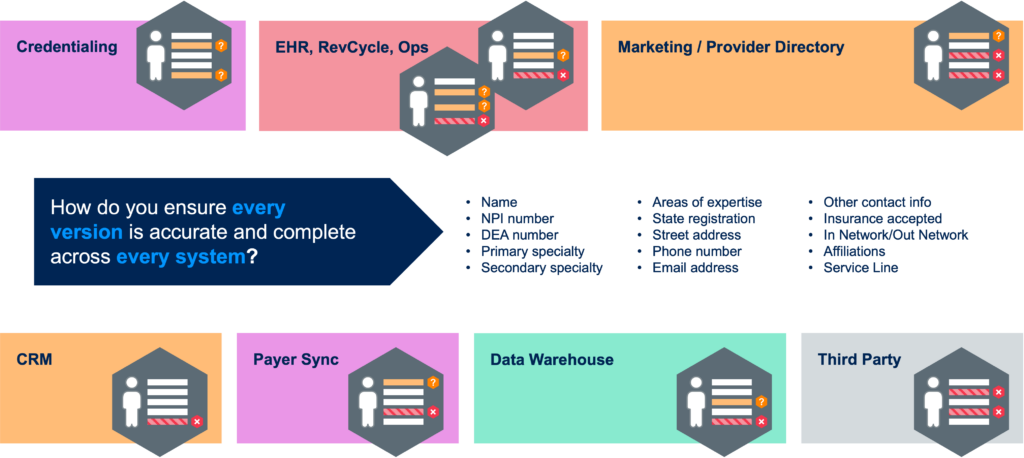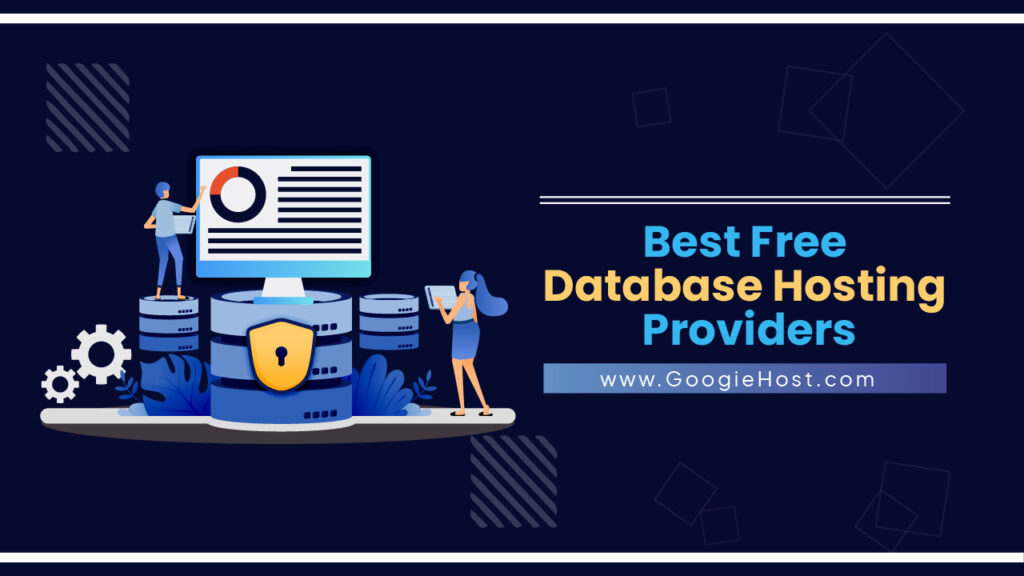Why Your Organization Ought To Consider a Managed Database Provider
Why Your Organization Ought To Consider a Managed Database Provider
Blog Article
Trick Features to Seek When Selecting a Data Source Company
Picking a database carrier is a vital choice that can considerably influence your organization's procedures and information monitoring technique. Amongst the important attributes to consider are scalability choices, which make certain that your system can adapt to growing needs. Security actions, efficiency metrics, and consumer support likewise play crucial roles in this assessment procedure. As you consider these factors, it becomes obvious that the selection is not merely about performance however additionally concerning aligning with your long-term vision. What other factors to consider might affect this vital choice?
Scalability Options
When picking a data source provider, understanding scalability options is essential to guaranteeing that the selected service can accommodate future growth. Scalability refers to the capacity of a data source system to increase its capability and performance in reaction to increased demand. There are 2 key kinds of scalability: upright and straight.
Upright scalability, or "scaling up," entails improving a single server's resources, such as CPU, RAM, or storage. This strategy can be economical and straightforward for smaller applications yet may reach a limit where further upgrades are also costly or impractical.
Straight scalability, or "scaling out," involves including a lot more servers to disperse the tons. This approach permits greater adaptability and can fit significant rises in data quantity and individual traffic (database provider). It is specifically useful for cloud-based database options that can dynamically allot sources based on need

Security Actions

When assessing safety and security steps, consider the implementation of security methods (database provider). Data-at-rest and data-in-transit file encryption are important to make sure that delicate information continues to be safeguarded, also in the occasion of a protection breach. Additionally, look for providers that supply solid authentication devices, such as multi-factor verification (MFA), to even more improve access control
Normal safety audits and compliance with sector requirements, such as GDPR or HIPAA, are indicative of a provider's dedication to data defense. Additionally, inquire concerning their event response strategy; a robust strategy can minimize the influence of any possible safety and security incident.
Performance Metrics
Evaluating efficiency metrics is essential for companies to ensure that their selected database supplier meets functional needs. Key performance metrics consist of feedback throughput, time, and scalability, which collectively identify the efficiency of data source operations under varying loads.
Response time is important, as it reflects exactly how promptly the database can process inquiries and return outcomes. Organizations should search for metrics that show ordinary reaction times during peak and off-peak hours. Throughput, commonly gauged in transactions per second (TPS), offers understanding right into the data source's ability to deal with high volumes of demands without efficiency degradation.
Scalability evaluates the database's capability to expand with the company's demands. A durable data source service provider ought to demonstrate upright and horizontal scaling capabilities, permitting seamless adjustments as demands vary. Furthermore, comprehending latency, especially in dispersed systems, can assist organizations examine the responsiveness of the data source throughout various geographical places.
Client Support
Reputable customer support is a keystone of reliable database monitoring, supplying organizations with the support required to settle concerns and enhance performance. When selecting a data source provider, examining the get more level of consumer assistance they offer is essential. A durable support system need to consist of multiple networks of communication, such as phone, e-mail, and live conversation, making certain that individuals can access aid whenever they require it.
Additionally, receptive support groups that are available 24/7 substantially improve the reliability of the data source solution. Motivate reaction times and reliable resolution of problems can significantly minimize downtime and boost general performance. It is likewise useful to think about the schedule of dedicated assistance personnel, that can offer tailored aid based on a company's details needs.

Pricing Structure
When thinking about a data source service provider, the pricing structure is an essential aspect that can dramatically impact an organization's budget and general technique. A adaptable and clear rates model is important for lining up the database sets you back with business needs - database provider. Organizations needs to evaluate whether the prices is based upon intake, per individual, or a flat rate, as each version can generate various monetary ramifications in time
It is very important to analyze any kind of added prices related to the service provider's services, such as information storage space costs, transaction costs, and assistance fees. Some companies may use tiered rates, permitting scalability as the company grows, while others could impose stringent limits that could end up being costly as data requirements boost.
Moreover, companies must take Get the facts into consideration the lasting value of the data source option. While lower initial costs can be enticing, they might not account for future upgrades, maintenance fees, or integration costs. Performing a detailed cost-benefit analysis will assist identify the most suitable prices framework that balances scalability, support, and efficiency, inevitably ensuring that the chosen data source company straightens with the organization's monetary and operational objectives.
Conclusion
In verdict, choosing a data source provider demands cautious factor to consider of different critical attributes. Examining performance metrics allows the recognition of effective data sources, and available consumer assistance boosts the overall individual experience.
Selecting a data source provider is a critical choice that can substantially influence your organization's procedures and data administration technique.When selecting a data source service provider, comprehending scalability alternatives is crucial to guaranteeing that the selected solution can suit future development. When check out this site choosing a database service provider, examining the degree of client assistance they supply is important.When considering a database supplier, the pricing structure is a pivotal variable that can substantially affect a company's budget plan and general method. Performing a complete cost-benefit analysis will help identify the most ideal prices framework that balances scalability, efficiency, and assistance, eventually guaranteeing that the chosen data source supplier aligns with the company's operational and monetary goals.
Report this page